Focus on Ukraine’s talks with China’s Xi Jinping and Russia’s Vladimir Putin: Robert Gottliebsen

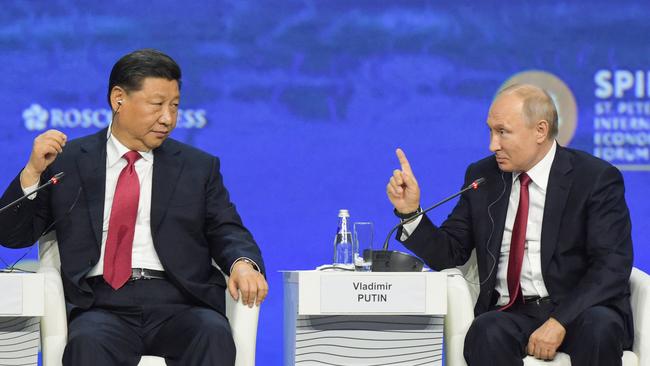
Both Ukraine and Russia believe they can win the war and don’t seem in the mood for peace talks. But an important part of Xi Jinping’s ambitious vision for his term as president depends on a resolution to the conflict.
And Xi also knows that every day the war continues propels Russia into becoming a “vassal state” of China – that is, a puppet or satellite state. Most expect any “peace” plan that comes out of this week’s China-Russia talks will be heavily oriented to the Russian stance, but there is at least a chance of a surprise.
To make sure Putin understands he is becoming a Chinese “vassal state” last month, Xi instructed China’s Ministry of Natural Resources to issue new map regulations that replace the current Russian names of eight places along the Russian-Chinese border with Chinese names.
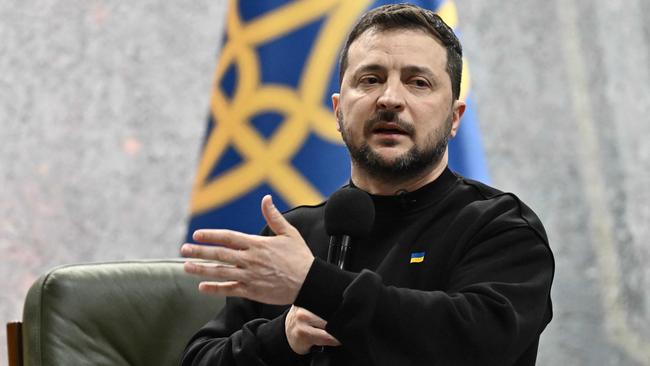
Heading the list was the great Russian Pacific port city of Vladivostok which was called Hai Shen Wai before Russia annexed it in 1860 during the second opium war, under threat to set Beijing ablaze.
But Putin responded to Xi’s map ”instruction” by personally visiting Russian-occupied Mariupol on the eve of Xi’s visit. Russia does not yet accept that it is becoming a Chinese vassal state.
Xi’s underlying vision incorporates economic realism.
China has played the property investment economic card and so looking at lower growth rates and a population ageing problem, which longer term threatens Xi’s reputation.
At the same time, the western world’s reaction to Ukraine and the formation of Pacific alliances means that the invasion of Taiwan as a Chinese nation-inspiring strategy carries high risk.
But Xi has a plan that would transform China and enshrine Xi with a status that ranks with Mao Tse-tung and Deng Xiaoping – the Belt and Road infrastructure project and its signature structure, the massive 9000km fast-train project linking the Pacific and Atlantic oceans.
In the last 2000 years only one country has established a global transport network – the British Empire.
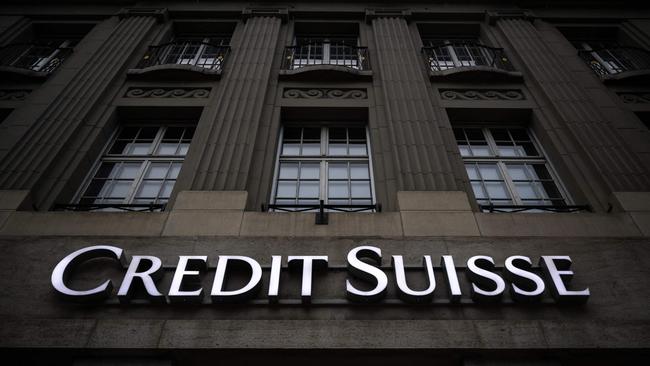
Once China links the Pacific to the Atlantic, this would then be the base for a British Empire-style network, making China only the second country to achieve such a feat. But Xi has always known he needed the support of both Russia and Ukraine.
Over the last five years, Russia has been reluctant to approve a train through its territory until the situation in Ukraine was “resolved”.
China could not negotiate meaningfully with Ukraine because that would have put Russia off-side. A quick Russian victory in Ukraine would have “resolved” the issue. But it did not happen.
A fast train line has already been completed between China’s Pacific coast and its ancient capital, Xian. Currently, it is possible to complete the train journey from Xian to Europe, but it is slow.
Using the best route, a fast train journey from Xian to Brussels or other European ports must pass through Kazakhstan, Russia and Ukraine.
Russia is now a European (and global) pariah, so there is no way Europeans will allow a fast rail line to the Atlantic that passes through Russia or an Ukraine that is not totally independent.
But a Chinese-brokered solution that guarantees Ukraine most of its land and port access accompanied by massive amounts of rehabilitation expenditure would provide attraction. Ukraine could not join NATO.
And also on the China-Russia negotiating table would be the starting point of this great train line which, from the Chinese point of view, should be the “Chinese city” of Hai Shen Wai.
Or maybe the city will stay in the name and control of Russia and remain with its Russian name of Vladivostok.
The issue of Hai Shen Wai/Vladivostok will be on the China-Russia negotiating table.
I can’t emphasise enough that there is clearly a streak of very optimistic forecasting in canvassing a China-driven Ukraine peace scenario, particularly given the historic close relationships between Xi and Putin.
But I put the scenario on display just in case positive signs emerge.
More Coverage
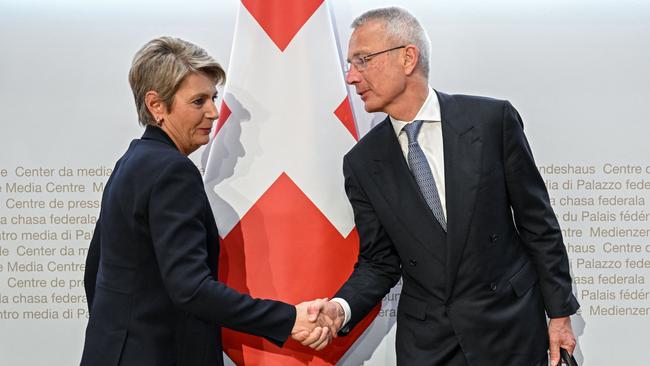




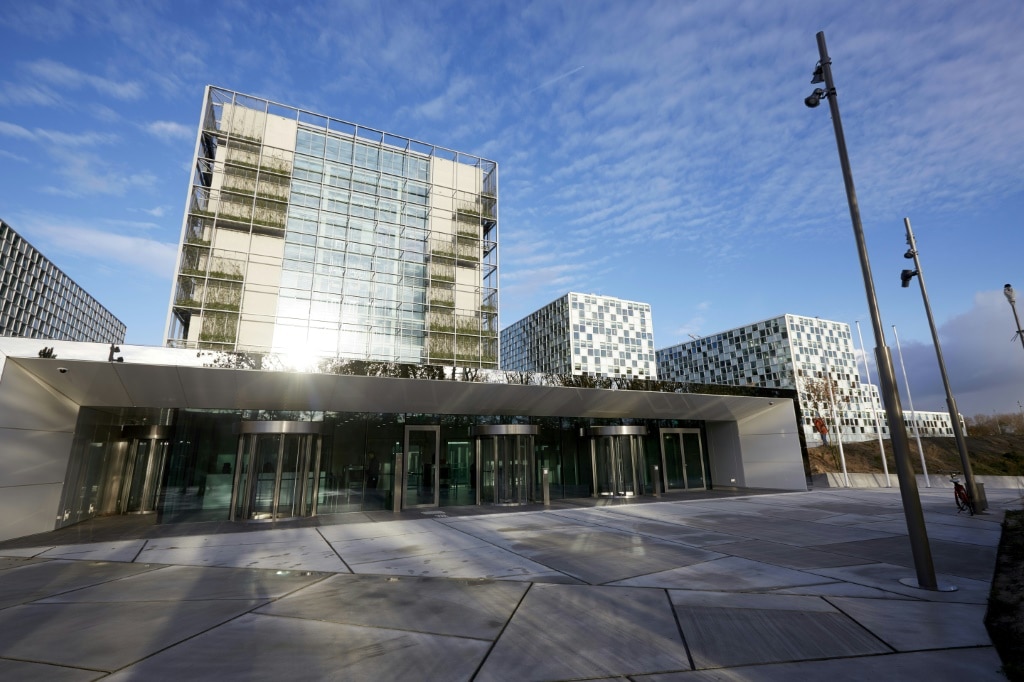


While the world begins to factor in the global implications of the forced takeover of Credit Suisse by UBS, there is a second event that has at least the potential to be even more transforming – this week’s Ukraine talks between Chinese President Xi Jinping and Russian President Vladimir Putin.